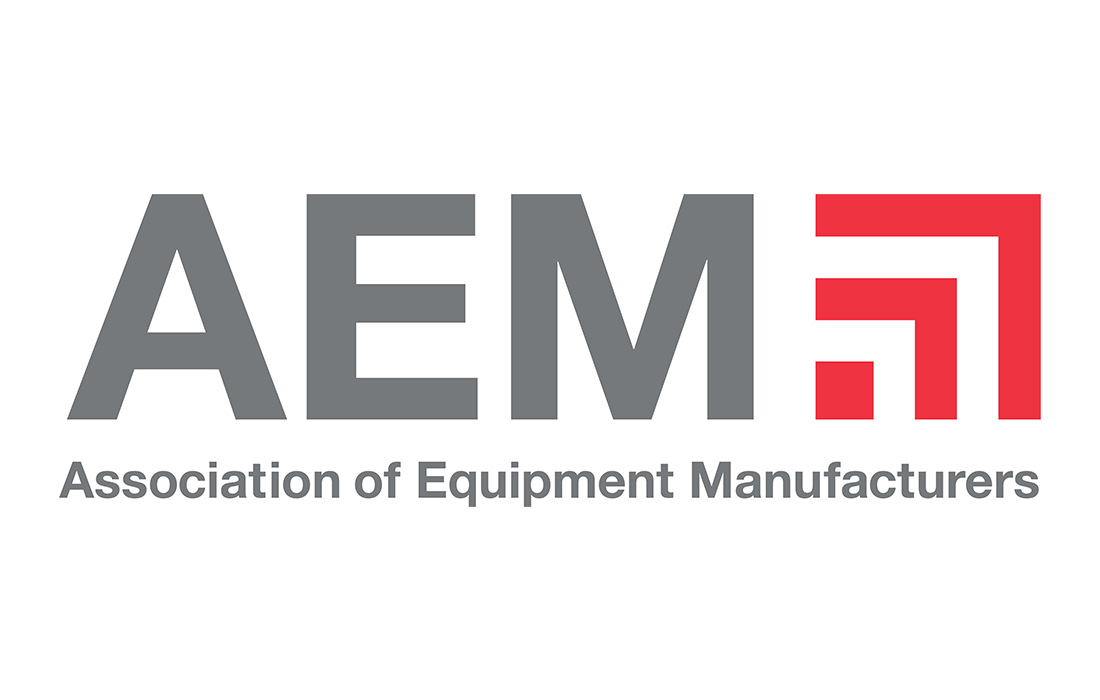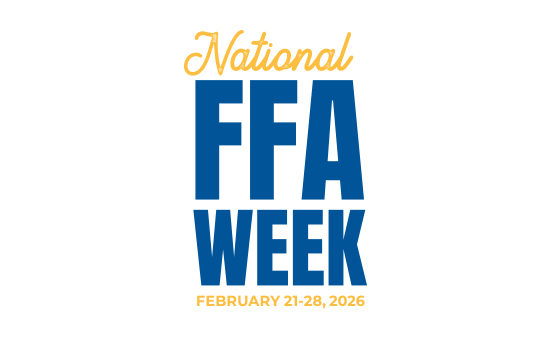By Gregg Wartgow, Special to AEM —
When it comes to different generations’ use of technology, it might be instinctive to assume that older people want little to do with it while younger people can’t get enough of it. But according to one organization that specializes in detecting consumer trends, that isn’t true — particularly when it comes to artificial intelligence (AI).
It’s also not that simple. There are subsets, or micro-generations, of the four primary generations that exist today. “Recognizing these micro-generations helps marketers get closer to the nuances of what it means to age, especially in an era when things are moving very quickly,” said Armida Ascano, chief content officer and head futurist at Trend Hunter, a trend platform that leverages big data, human researchers, and AI to identify consumer insights and opportunities for innovative companies.
Ascano spoke at the 2024 AEM Annual Conference this past November. She discussed how the emergence of AI is already impacting every generation, citing research from a variety of sources:
- 20% of Baby Boomers use AI at least once a week (Barna Group)
- 55% of Gen X say AI will positively impact their lives (PCMag)
- 58% of Millennials say AI will change their everyday lives (Barna Group)
- 70% of Gen Z is already using Generative AI (Salesforce)
“It’s not a question of whether people will use AI,” Ascano said. “The world is already using AI. We need to figure out what that means to us.”
Save the Date: 2025 AEM Annual Conference -- Join AEM Nov. 19-21, 2025, at the JW Marriott Miami Turnberry Resort & Spa in Aventura, Florida. For more information, visit aem.org/annual.
One of the keys to maximizing AI’s potential is figuring out the most useful AI applications for each microgeneration.
Baby Boomer Micro-generations
Leading Boomers are age 70-80. Most utilize technology that helps them remain connected to their personal community. Ascano said the COVID pandemic cemented this microgeneration’s appreciation for modern technology when many were forced into isolation.
With respect to Generative AI specifically, most Leading Boomers currently are not using it. But according to Ascano, most would like to learn more about it. Given this microgeneration’s penchant for digital community engagement, Generative AI applications that involve more conversational, companion-driven education can provide value.
Neo Boomers are age 60-70. They represent the younger of the two micro-generations. This group wants to increase their independence. Ascano said they appreciate technologies that are easy to use and help make their lives easier.
To that point, nearly half of Neo Boomers say they would use AI if it were integrated into technology they are already using. They aren’t impressed with fancy bells and whistles. They want technology that’s functional and streamlined. Walmart’s use of voice assistance, enhanced semantic search, and virtual shopping assistants on its website are good examples of how one company is using streamlined AI.
Gen X Micro-generations
Gen X came up with the concept of work-life balance. They were also the original adopters of technology in technology’s early stages, from home computers and video games to cable TV and VCRs. Then came the internet and tech boom, followed by the tech crash. Gen Xers were reminded that job stability is nothing to take for granted, even though their zest for creativity continued to burn.
Given that, Ascano said Gen X understands that technology will help them be more effective while unlocking their creativity. So, how does this broader trend apply to the two Gen X micro-generations?
Gen XS are age 53-60. This generation benefits from AI that enables improved multitasking in both their professional and personal lives. Ascano said Gen XS is a “stressed out” microgeneration because they are often caring for both their children and parents. AI applications that help them streamline daily organization can be of great value.
This microgeneration is also interested in leveraging AI in the workplace to improve efficiency. But as Ascano explained, one challenge is that they may be the only senior leaders in a company who don’t view AI as a risk or threat. Ascano said companies can help their Gen XS leaders gain the buy-in they’re looking for in the near future.
“At Trend Hunter, we developed our own AI plan that acknowledged the fact that artificial intelligence is not just a matter of those working in technology,” Ascano said. “We invited 20 people to become part of our volunteer AI council. Everyone on the team did AI research for a half-day a week, whether that was researching AI tools and the latest news on AI, or brainstorming ways AI could increase efficiency on their teams. We also had weekly tactical training sessions, where developers and members of the AI council shared information with the rest of the team.”
Gen Xenos are age 45-52. They see AI as more of a tool to add to their lives, not just simplify them. That’s why Ascano said the best use for AI is to help this microgeneration upskill both professionally and personally.
“I like to call this generation the true AI hobbyists,” Ascano said, pointing out that there are many AI applications being developed across the areas of food, fitness, and gaming. “At a professional level, businesses can invest in educational programs to enhance employee proficiency with AI.”
“Recognizing... micro-generations helps marketers get closer to the nuances of what it means to age, especially in an era when things are moving very quickly.” -- Futurist Armida Ascano
Millennial Micro-generations
As a whole, Millennials are dependent on technology, yet that relationship is somewhat fraught, explained Ascano. Some have even come to suffer from digital fatigue, and the majority would like to reduce their time spent using social media.
Given that eye-opening insight, Ascano said the best case for AI among Millennials is to help reduce their screentime. AI can help do that by reducing the time it takes to do something digitally.
So how does that broader trend apply to the three Millennial micro-generations?
Pro Millennials are age 38-44. They know their children need to use technology to have a bright future, but they are also cognizant of the potential downsides of becoming overly reliant. Thus, Ascano said AI tools that help reduce their children’s screen time can be of great benefit.
Mid Millennials are age 30-37. Most are already using AI at work and feel like it’s making their jobs easier. However, most are also afraid to tell their manager about it because they’re afraid AI could take their job.
Ascano said this leads to an important question employers must ask themselves: Will AI be a tool that helps reduce repetitive tasks and makes their employees’ jobs easier, or will AI be a tool that makes it easier to replace certain employees? According to Ascano, the answer depends on who’s driving the AI strategy and which philosophy they follow. She has an opinion, though.
“It is up to us, the early adopters of AI, to make AI an ally to employees,” Ascano said.
Nouveau Millennials are age 25-30. As children of the 9/11 era, they feel a sense of global responsibility. Ascano said they’d like to reduce their screentime, but it has become a soothing mechanism they just can’t quit. Thus, a good application of AI is to help them reduce their screentime so they can reduce stress.
Gen Z Micro-generations
The oldest of this generation are only in their early 20s. They are digital natives, so AI is almost viewed as standard. In fact, Ascano said 60% of Gen Z is already using ChatGPT in everyday life.
“The biggest difference from other generations is that Gen Z doesn’t overthink how they use AI,” Ascano pointed out. “It’s an invisible agent helping them improve their lives in any way possible.”
There are three Gen Z micro-generations:
- Z Tribe members are age 5-15.
- Z Alpha members are age 5 and under.
Both groups can be impacted by AI from a learning and development standpoint.
A third microgeneration, Zillennials, are age 15-25. Many have begun entering the workforce and most are using AI in some way. “It’s not a question of whether or not they should use AI at work,” Ascano said. “It’s whether or not they need to hide their use of AI from managers.”
Ascano said companies should consult the Zillennial microgeneration on how AI could be utilized. Doing so will glean important insights. Additionally, many Zillennials are open to leaving a job if the technology is outdated.
“In the era we are in, retaining your AI enthusiasts is a necessity,” Ascano said. “Companies need to work with them on AI, not against them.”





